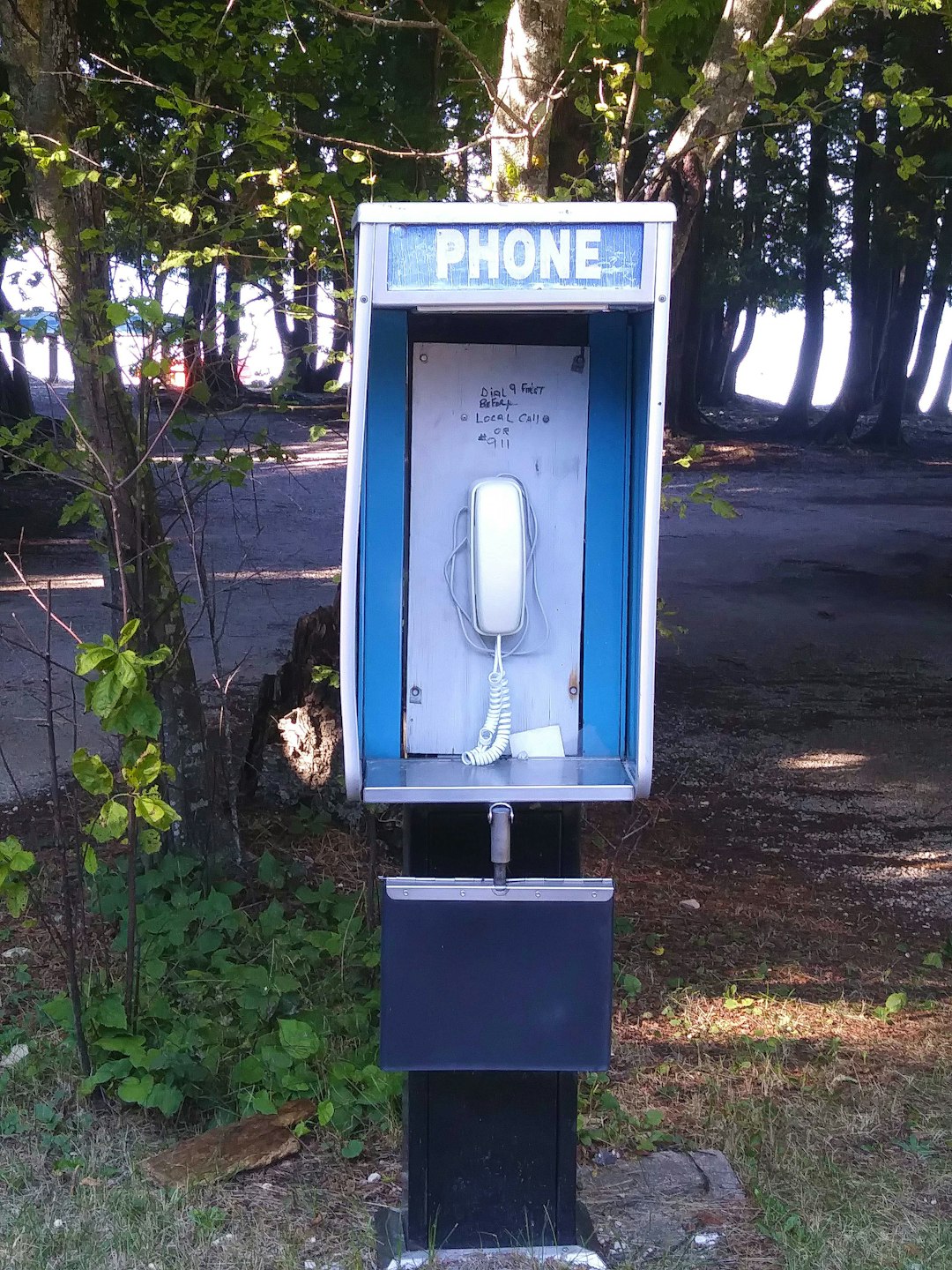Presque Isle, Maine, has passed LD 2234, strengthening its Do Not Call Laws and protecting residents from unwanted telemarketing calls. This law allows Mainers to register their phone numbers, giving them control over their privacy. In response, businesses are shifting towards personalized marketing strategies, ensuring consumer trust and satisfaction while adhering to the new regulations. The legislation underscores Maine's commitment to empowering citizens in the digital age through robust Do Not Call Laws.
Presque Isle, a coastal gem in Maine, has long been known for its natural beauty and peaceful atmosphere. However, a recent legislative shift with LD 2234 has brought new attention to the region, specifically regarding telemarketing practices within the state’s ‘Do Not Call’ laws. This legislation aims to protect consumer privacy, but its impact on businesses and residents alike is profound. The article delves into these changes, exploring how they’re reshaping the telemarketing landscape in Maine while preserving individual rights.
Understanding Presque Isle and LD 2234: A Background

Presque Isle, a charming coastal town in Maine, has long been known for its picturesque landscapes and peaceful atmosphere. However, in recent years, the region has become a focal point due to a significant legislative change—LD 2234. This law, specifically targeting telemarketing practices, has had a profound impact on businesses operating within the state’s boundaries, particularly those adhering to Maine’s Do Not Call Laws.
LD 2234 introduces stricter regulations for telemarketers, empowering residents of Presque Isle and beyond to have more control over their privacy. The law aims to mitigate unwanted calls by providing citizens with the ability to register their phone numbers on a state-wide do-not-call list. This measure has led to a shift in telemarketing strategies, encouraging companies to adopt more personalized and targeted marketing approaches to respect consumer choices while still generating leads effectively.
Implications for Telemarketing Industry in Maine

The passage of LD 2234, a significant piece of legislation in Maine, has profound implications for the telemarketing industry in the state. This law, focusing on consumer protection and privacy, imposes stricter regulations on telemarketers, including the implementation of robust “Do Not Call” registries. Consequently, many businesses are reevaluating their strategies to ensure compliance, leading to a shift towards more targeted and personalized marketing approaches.
Maine’s Do Not Call Laws aim to balance the needs of both consumers and businesses. By empowering residents to register their phone numbers and receive less unwanted calls, it fosters a better user experience. Simultaneously, telemarketing companies must adapt, finding innovative ways to connect with potential customers while respecting individual preferences and privacy. This change is expected to enhance consumer trust and satisfaction in the long run.
How LD 2234 is Changing Consumer Privacy Rights

LD 2234, a recent piece of legislation in Maine, is transforming consumer privacy rights, particularly regarding telemarketing practices. This law reinforces and expands upon existing Do Not Call Laws by giving consumers more control over their personal information. It restricts businesses from making telemarketing calls to individuals who have registered on the state’s Do Not Call list, a significant step towards safeguarding residents’ privacy.
The impact of LD 2234 goes beyond simple compliance for businesses. It encourages a more respectful and mindful approach to consumer interactions, promoting a balance between marketing efforts and individual privacy preferences. This shift in legislation is a response to growing consumer concerns about unwanted calls and the excessive sharing of personal data, underscoring Maine’s commitment to empowering its citizens in an increasingly digital world.






